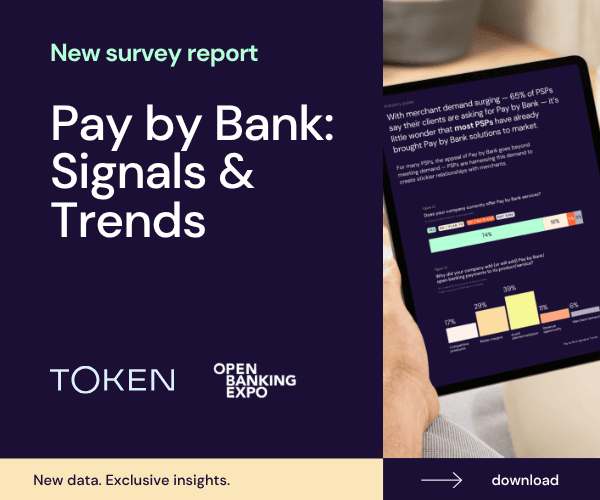Direct-to-consumer payments platform Zilch has rolled out its Ad-Subsidised-Payments-Network (ASPN) to third parties through open APIs, creating a new pipeline of B2B revenue.
ASPN was initially developed by Zilch to power its own ad-subsidised buy now, pay later product offering.
Zilch revealed that its top 30 merchant partners alone generate a combined $700 billion of revenue annually and pay an average commission to Zilch of over 6% on each purchase made via the platform.
Zilch’s ASPN will now be available through open APIs to any third-party app or card issuer that wants to participate in the network, which is already integrated with 38 million merchants globally.
It works by enabling partners to access the network through APIs, which provide new revenue streams outside of interchange, with merchants able to adjust the commissions and attribute sales in real-time without any change to their existing payment infrastructure.

Zilch’s chief executive Philip Belamant
According to analysis by Zilch of its ASPN, brands can achieve a conversion rate – defined as the proportion of customers who make a purchase after interacting with the advert – of up to 55%, compared to the 2% to 10% generated by traditional forms of digital advertising.
Retailers also saw product return rates decline, falling to an average 7% across all sectors compared, versus the average ecommerce range of 20% to 30%.
Philip Belamant, chief executive officer and co-founder of Zilch, called it “the Googlisation of payments”.
“Opening up ASPN to third parties is an important step in creating what could be a trillion-dollar-plus payments ad-marketplace,” he said.
“On one side you will have millions of consumers transacting billions every month and receiving access to interest-free-credit, savings and rewards on their purchases. On the other, you’ll have hundreds of thousands of retailers bidding to get in front of a massive closed-loop network of ultra-high-intent consumers with a sustainable means to spend.”
Belamant added: “The market continues to see a decline in spend on search and social media advertising in favour of retail media, where retailers sell online ads using their first-party data, precisely because retail media provides advertisers with better targeting at times of maximum ‘intent’, higher conversion and more accurate attribution.”
Zilch launched its proprietary ASPN in beta back in the fourth quarter of 2022.
Earlier this year, Zilch partnered with Yapily, to accelerate its credit decisioning process.











